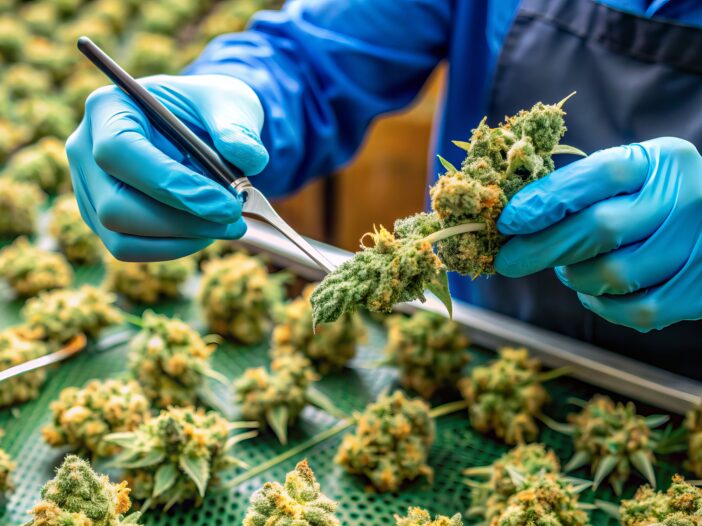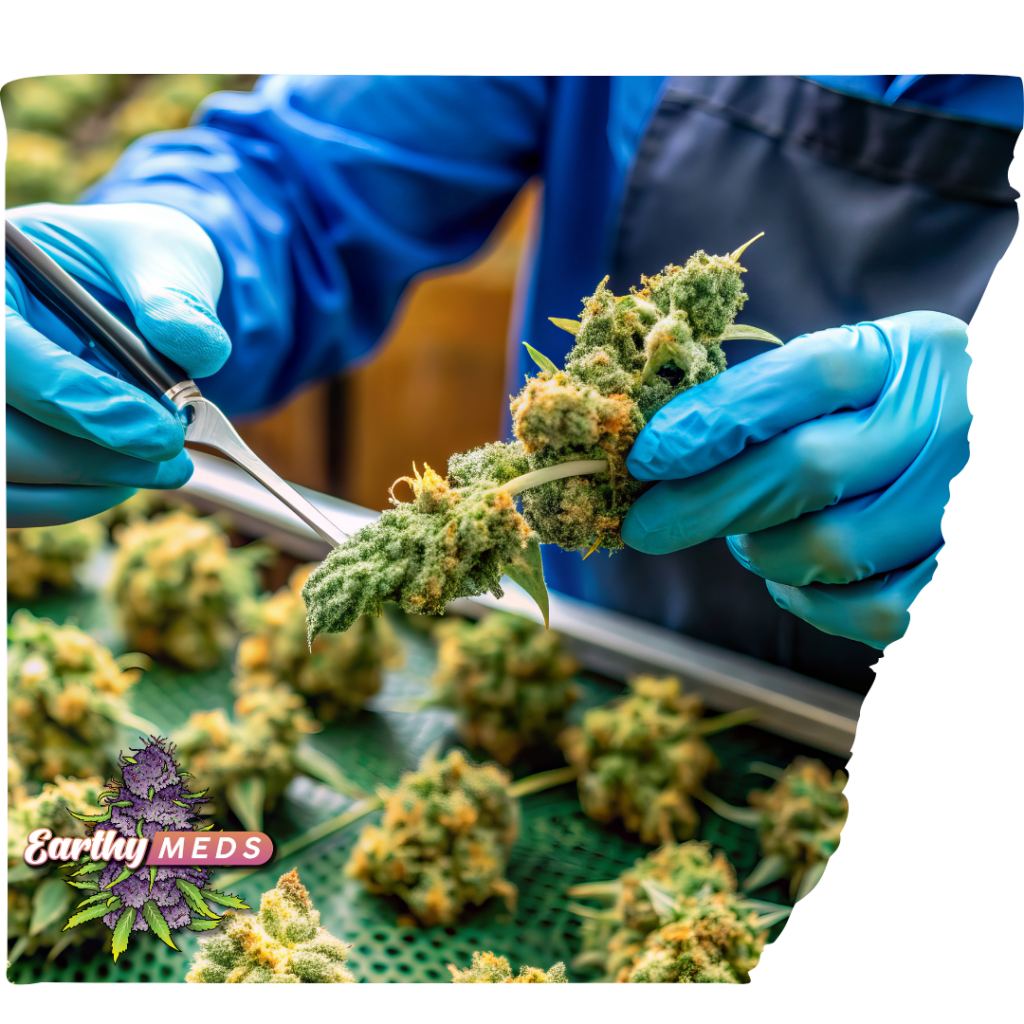
As the cannabis industry grows, transparency and safety have become critical priorities, especially in the THCa market. Lab testing is the foundation of consumer trust, ensuring that products meet high standards for quality, safety, and efficacy. This is especially vital for THCa, a cannabinoid valued for its therapeutic benefits and non-psychoactive properties. Without rigorous testing, the industry risks compromising public health, regulatory compliance, and its own credibility.

The Lab Testing Process
Lab testing involves a series of analyses conducted by accredited facilities. These tests assess the product’s composition and safety, helping both producers and consumers understand exactly what’s inside.
Potency Testing:
- Contaminant Screening:
- Pesticides: Residues from farming practices must be identified and eliminated to ensure consumer safety.
- Heavy Metals: Cannabis plants can absorb metals like lead or arsenic from the soil, which must be screened and removed.
- Microbial Contaminants: Tests identify mold, yeast, and bacteria that could pose health risks, especially to immunocompromised users.
- Residual Solvent Testing:
- Ensures that solvents used during extraction (such as butane or ethanol) are either completely removed or fall within safe consumption limits.
- Terpene Profile Analysis:
- Identifies the natural compounds that influence the aroma, flavor, and potential therapeutic effects of THCa products.
- Offers consumers a richer understanding of how terpenes and cannabinoids work together.
- Moisture Content and Water Activity:
- Ensures that products have the correct moisture levels to prevent microbial growth and maintain freshness.
Why Lab Testing Matters
- Consumer Safety
- Risk of Contaminants: Without testing, products might contain harmful chemicals or biological contaminants. For example, inhaling mold spores or consuming heavy metals can lead to severe health consequences.
- Confidence in Usage: Consumers can use tested products without fear of unexpected side effects or harmful ingredients.
- Accuracy and Transparency
- Mislabeling cannabinoid levels not only misleads consumers but can also create legal issues for businesses. For instance, a product labeled as non-intoxicating may accidentally contain psychoactive THC levels if not tested properly.
- Clear terpene and cannabinoid profiles allow consumers to make informed choices based on their specific health or recreational needs.
- Regulatory Compliance
- Compliance with local, state, or federal regulations often mandates lab testing for cannabis products. Businesses that skip this step risk fines, product recalls, or loss of licensing.
- Building Consumer Trust
- Lab results provide a transparent window into a product’s quality, fostering brand loyalty.
- Consumers are increasingly demanding transparency; companies that fail to provide it may lose market share to competitors who do.
- Quality Control for Producers
- Testing helps manufacturers refine their processes, ensuring consistent quality across batches.
- It also helps identify and correct issues in cultivation, extraction, or packaging before products reach the market.
The Risks of Untested THCa Products
- Health Hazards: Contaminants like mold, bacteria, or pesticide residues can cause allergic reactions, respiratory issues, or long-term health effects.
- Legal Consequences: Products with mislabeled THC levels may violate legal limits, leading to legal troubles for both consumers and businesses.
- Brand Damage: A single batch of faulty or dangerous products can tarnish a brand’s reputation permanently.
How Consumers Can Verify Lab Testing
- Request Certificates of Analysis (COAs): A COA is a detailed report provided by labs that outlines the results of the tests performed on a product.
- Check QR Codes: Many reputable brands include QR codes on packaging that link directly to the product’s lab results.
- Check for accreditation: Verify that organizations like ISO or other recognized bodies have accredited the testing lab
Advancing the Industry Through Testing
Lab testing doesn’t just benefit consumers—it pushes the industry forward. Standardized testing protocols help ensure consistency, build public confidence, and pave the way for greater acceptance of cannabis-derived products like THCa in mainstream wellness.
Conclusion
Lab testing is not just an industry formality; it is a vital component of ensuring safety, building trust, and advancing the legal cannabis market. For consumers, it provides the peace of mind that comes from knowing exactly what they’re using. For businesses, it’s a cornerstone of regulatory compliance and quality assurance. As the THCa industry continues to grow, lab testing will remain an essential practice, underscoring the commitment to safety, transparency, and excellence.
Our Lab Reports:
https://drive.google.com/drive/u/0/folders/1C2PfzHa5YNoNHlsFX7teH_r5_7QuE5xk
Sources:
